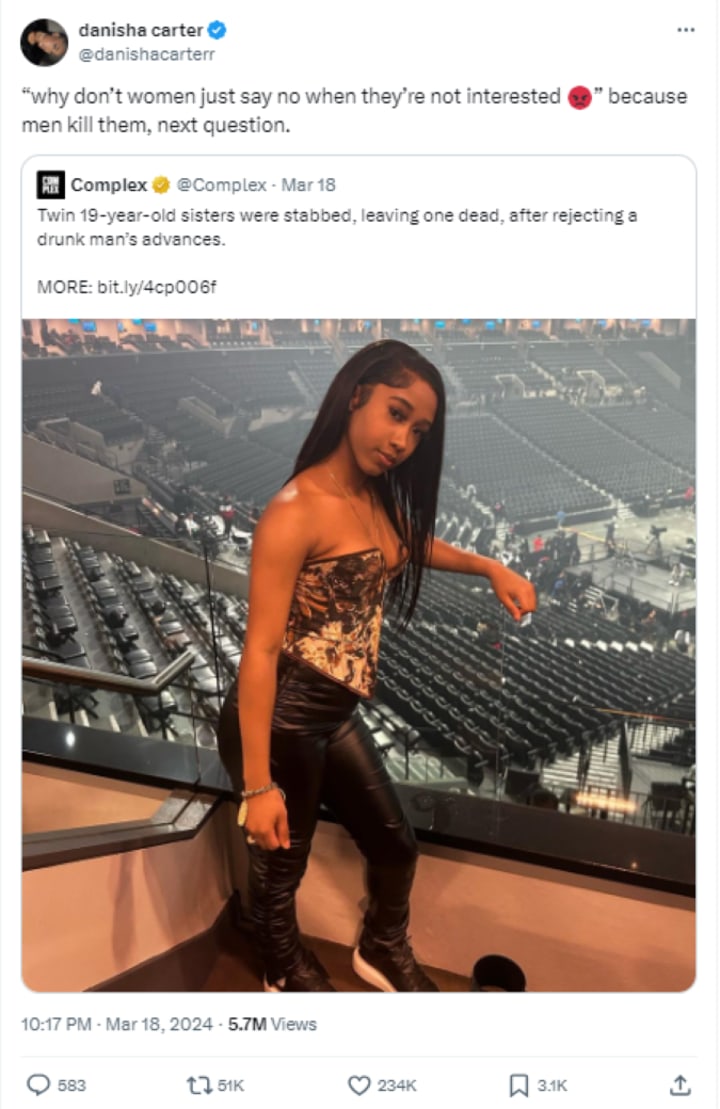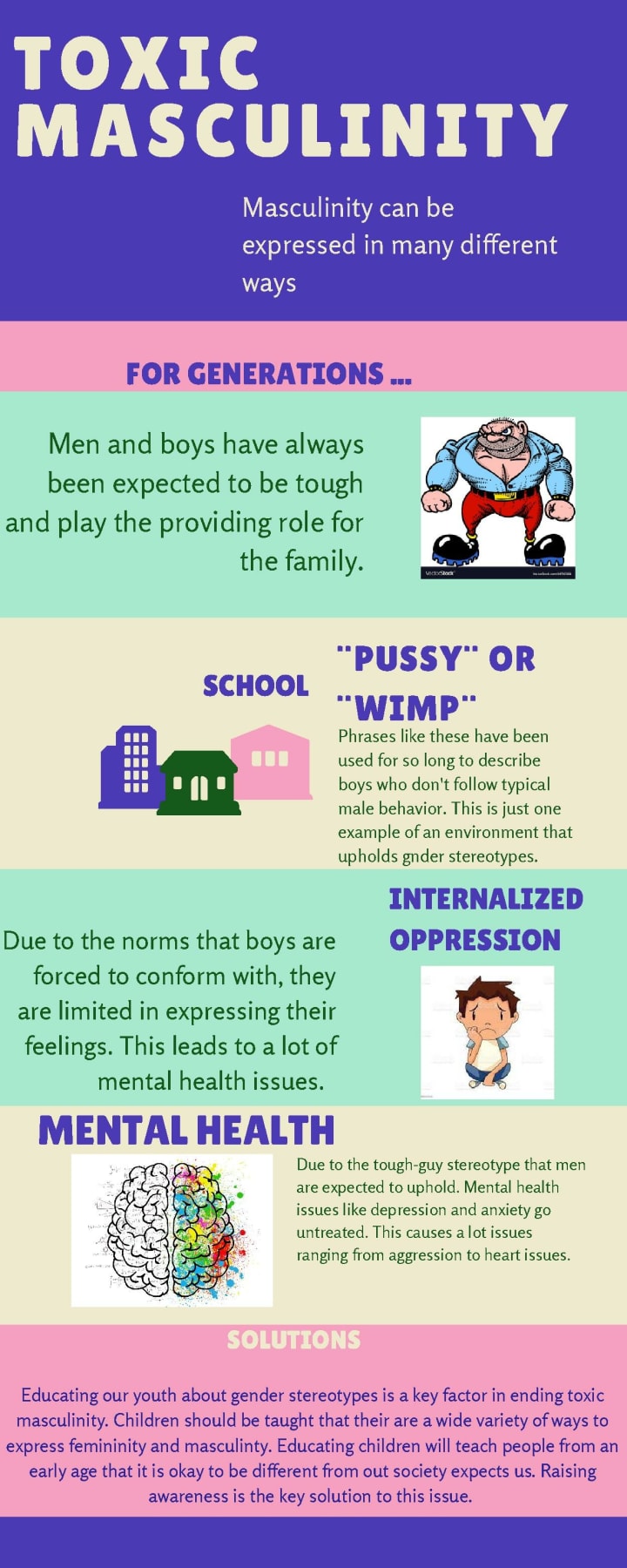The Vet Who Stabbed His Girlfriend To Death
The dangerous consequences of rejecting men

The murder of Stephanie Hodgkinson
In October 2022, a 34-year-old mother of two boys and veterinary nurse, Stephanie Hodgkinson, crossed paths with 31-year-old Dr. Alberto Fioletti through a dating website. After seven months of dating, what had seemed to be a promising relationship rapidly soured, and on May 5, 2023, Fioletti and Stephanie had an intense dispute that ended with her throwing him out of her home.
With a chill, he said, "I hope you're happy with yourself," before leaving her premises. "You're gonna have a death on your hands now."
One week after Stephanie kicked him out of her house, Fioletti and Stephanie had agreed to meet on May 12, 2023, to discuss their relationship.
The day before meeting Fioletti, Stephanie had mentioned to her sister her intention to meet him publicly to discuss their lack of compatibility, confessing that she was afraid to be alone with him. As such, Stephanie planned on having this difficult conversation while they strolled on the beach.
However, Fioletti caught Stephanie off guard when he showed up at her house while she was chopping vegetables in her kitchen.
The 31-year-old doctor thought it best to drop by Stephanie's flat with a card and some flowers to salvage what was left of this fledgling relationship. However, things went south when she made it apparent that their relationship was finished. Fioletti would later state that he felt a sudden, intense wave of anger and proceeded to punch Stephanie in the face before brutally stabbing her seven times with a kitchen knife.

After killing Stephanie, Fioletti proceeded to stab himself in the stomach, resulting in significant injuries that left his intestines exposed.
In a chilling call, Fioletti sought help for himself and confessed to emergency services that he had "killed his girlfriend." The authorities acted swiftly in response to this alarming news.
Following his self-inflicted knife wound, Fioletti spent several days in the hospital. However, once deemed ready for release, he was immediately apprehended and subjected to rigorous questioning by detectives, where he admitted to the killing of his ex-partner.
As the trial unfolded, it was revealed that Fioletti had sex with numerous women to validate his narcissistic personality disorder and inferiority complex stemming from the size of his penis. The court also heard that Fioletti had a habit of manipulating his past partners for his own confidence, even resorting to threats of suicide to gain sympathy.
Fortunately, after a gruelling four-week trial, Fioletti was found guilty of the murder of Stephanie Hodgkinson on January 15, 2024, leading to a life sentence that carries a minimum term of 15 years in prison.
A culture of entitlement
At the heart of this horrific murder case is the culture of entitlement that many men grow up with, where they believe that they're owed certain things simply because of their gender. This entitlement can show up in many ways, from expecting women to smile and respond to their catcalls on the street to becoming angry or violent when a woman doesn't positively reciprocate to their flirting or propositioning.

As a matter of fact, research has shown that men usually take romantic rejection more personally than women and are more likely to engage in aggressive and violent behaviours when rejected, such as stalking, harassment, and physical assault.
But this is not surprising because, in addition to the culture of entitlement, men are often taught that their masculinity is tied to their sexual prowess and their ability to attract women. When faced with rejection, some men feel as though their masculinity has been threatened, leading them to lash out in an attempt to regain it.
It's a sad truth that simply saying "no" to a man can put a woman's life in danger. Whether it's the culture of entitlement, the fear of rejection, or a lack of accountability, there are a multitude of factors that contribute to men's violent reactions to rejection. And until we all address and demand action for the root causes of this problem, the threat will persist.

Fortunately, there are steps we can take to create a safer world for women, such as challenging societal expectations and holding perpetrators accountable. All of us, men and women alike, have a responsibility to stop the tide of violence. Only then can we hope to build a world where women can say no without fear.
About the Creator
Chelsea Rose
I never met a problem I couldn't make worst.






Comments
There are no comments for this story
Be the first to respond and start the conversation.